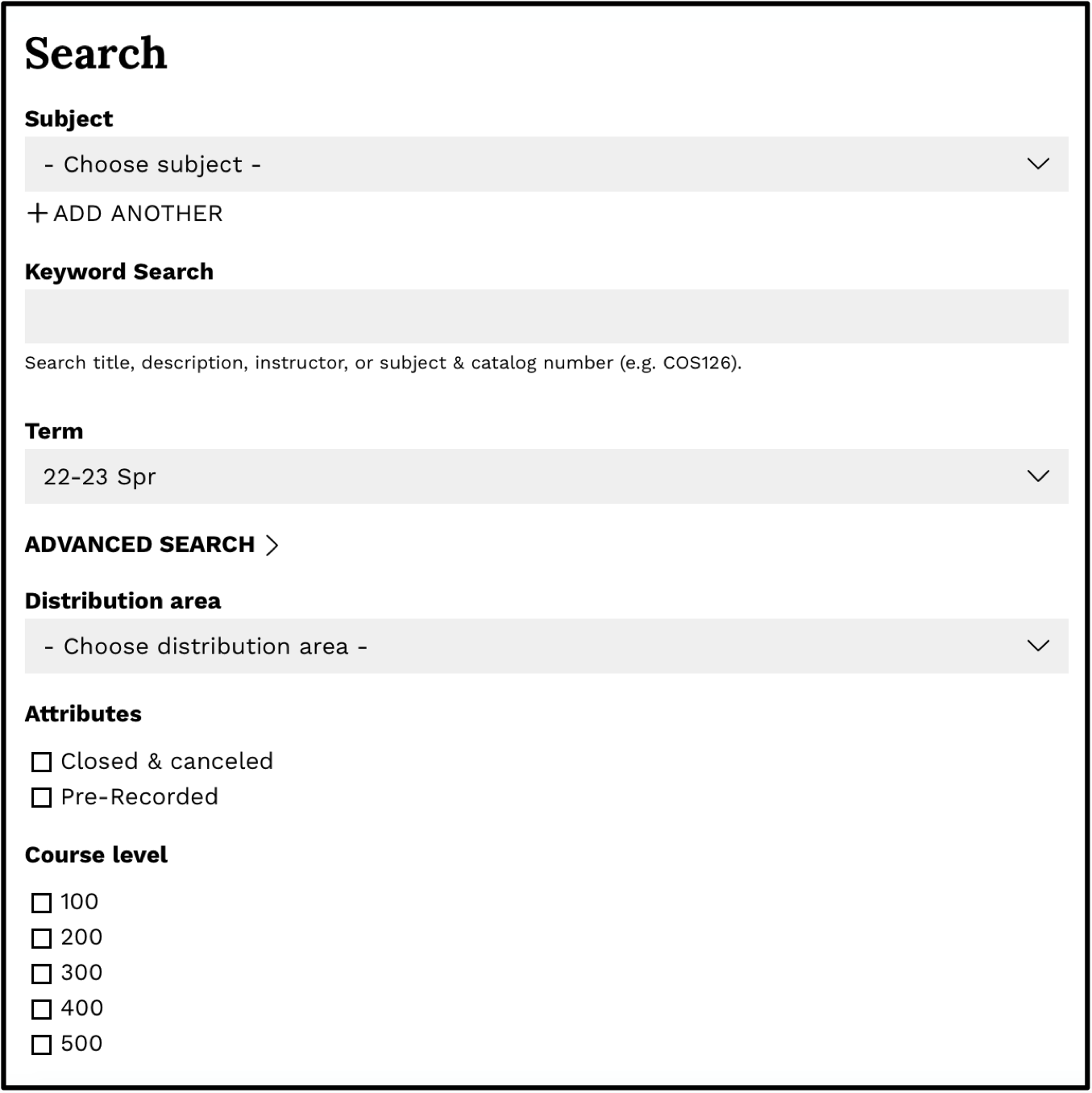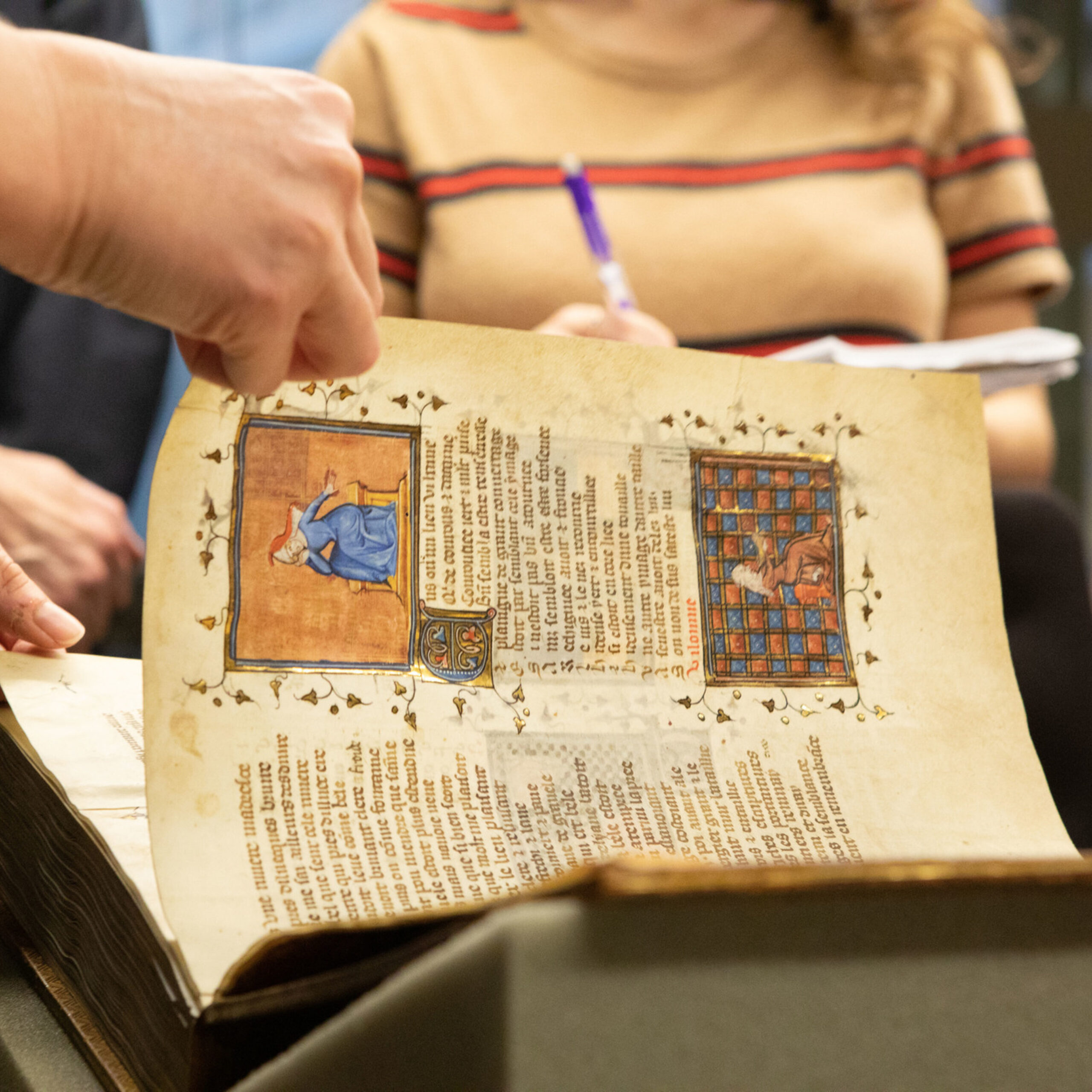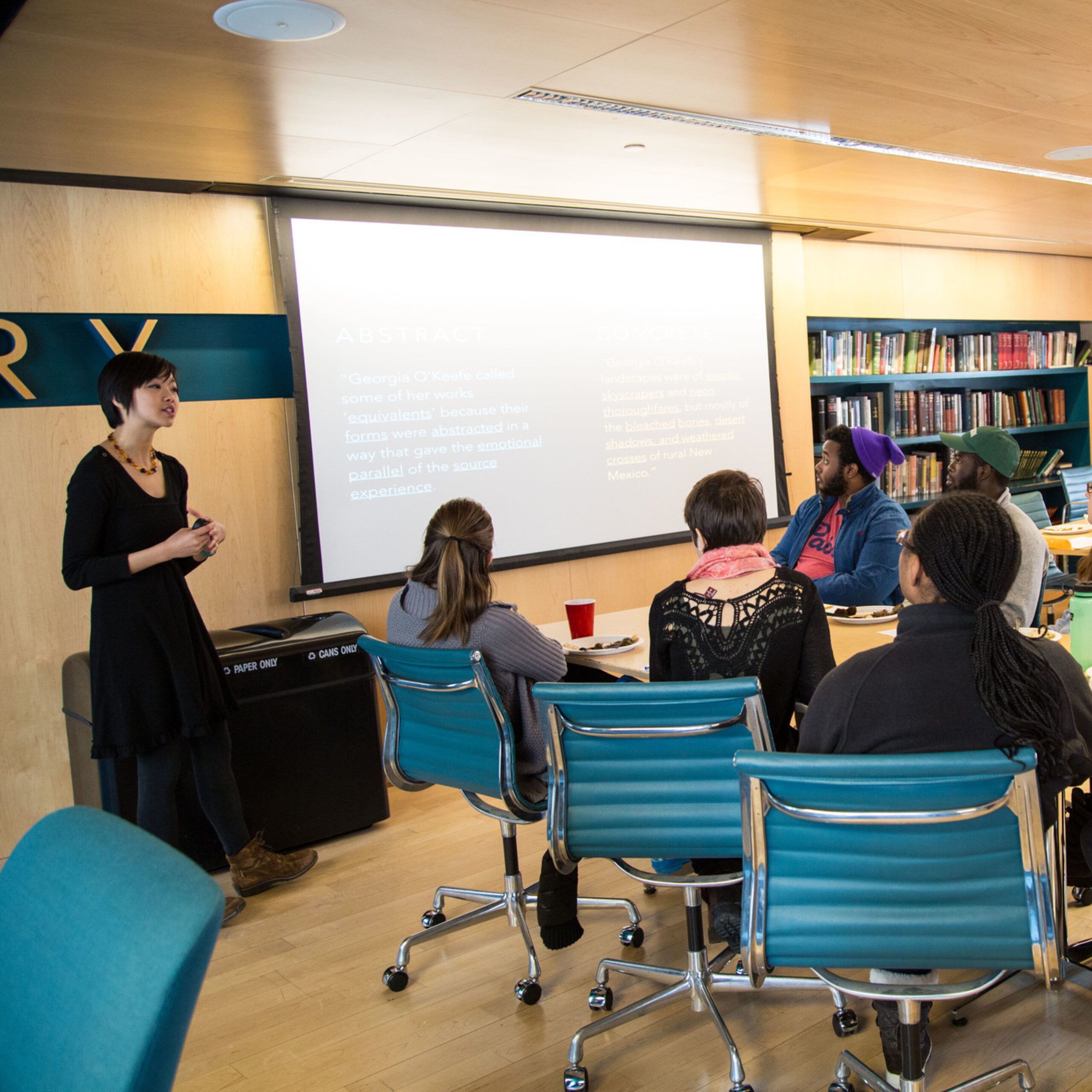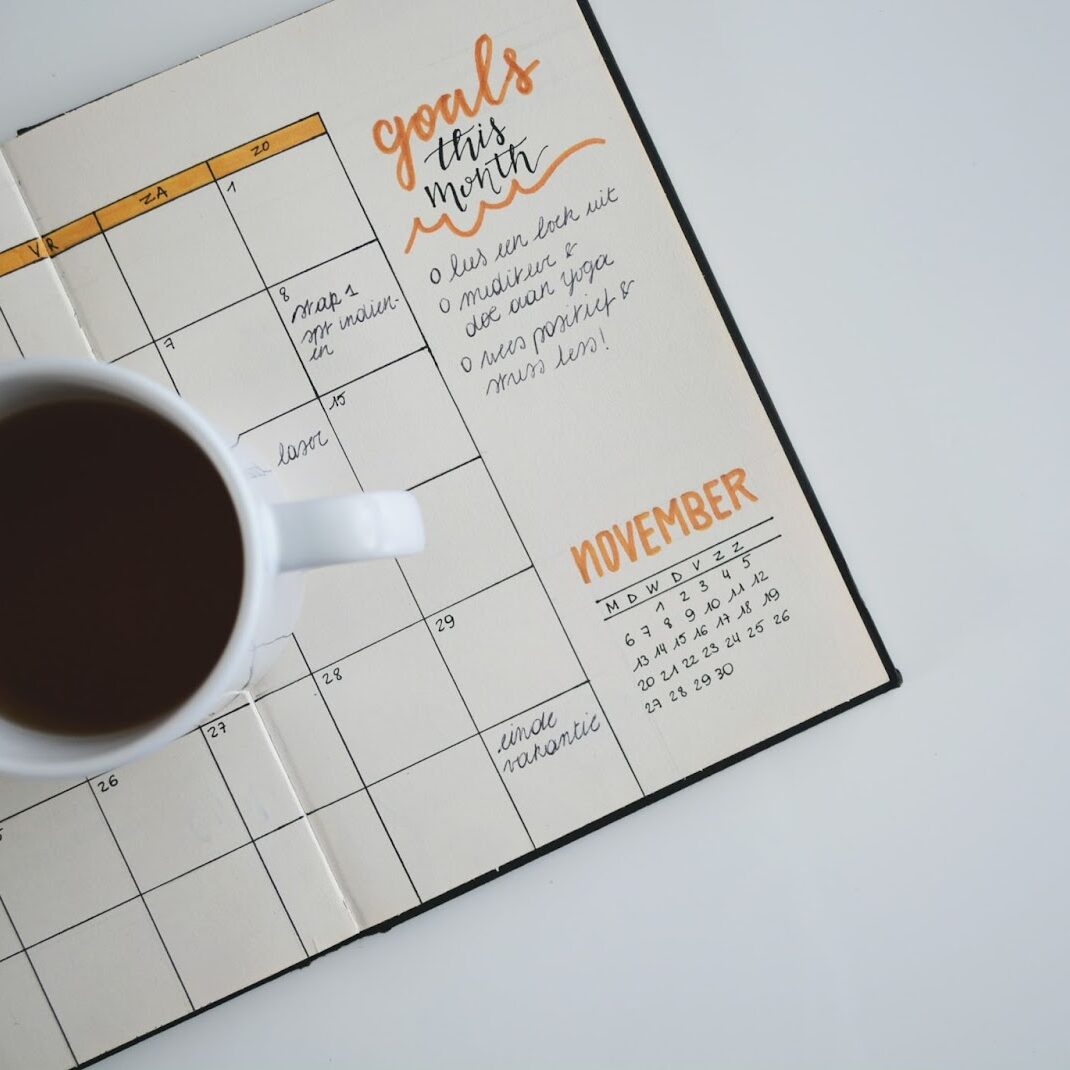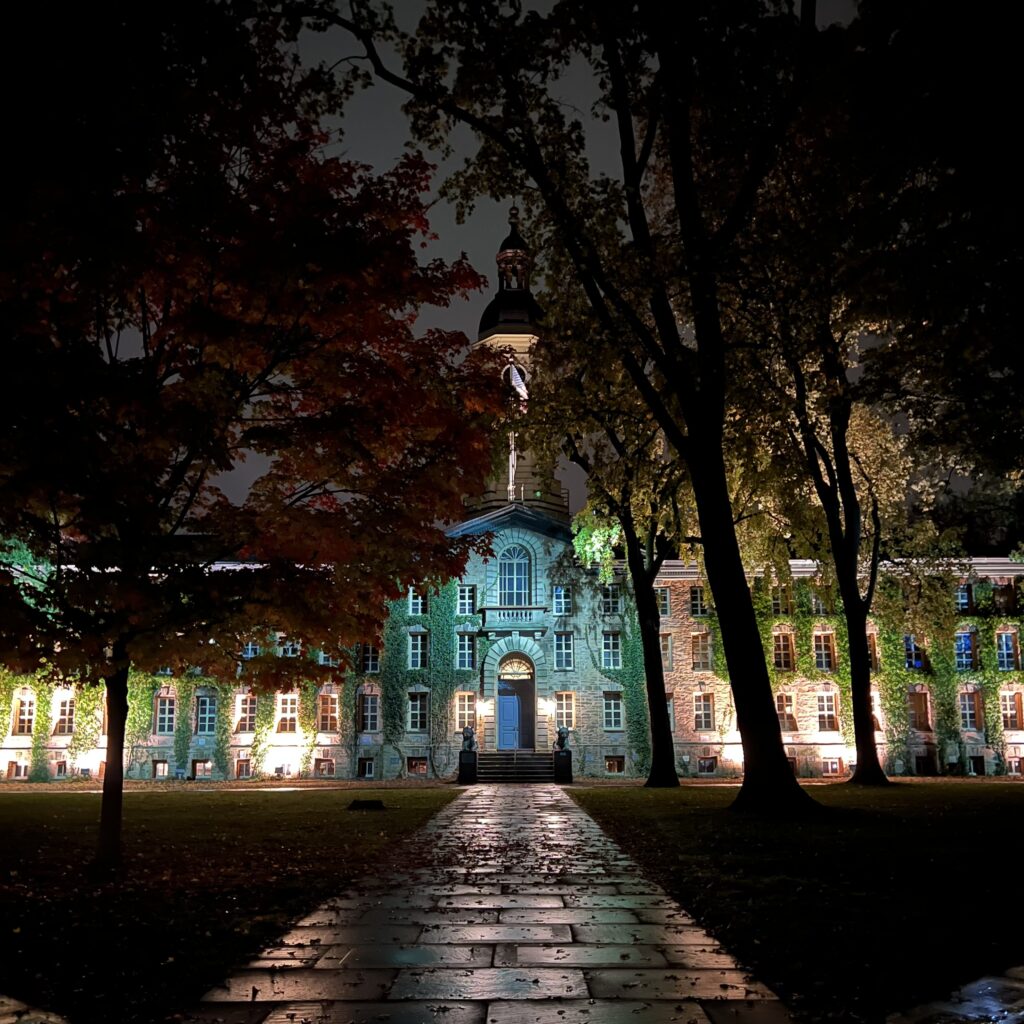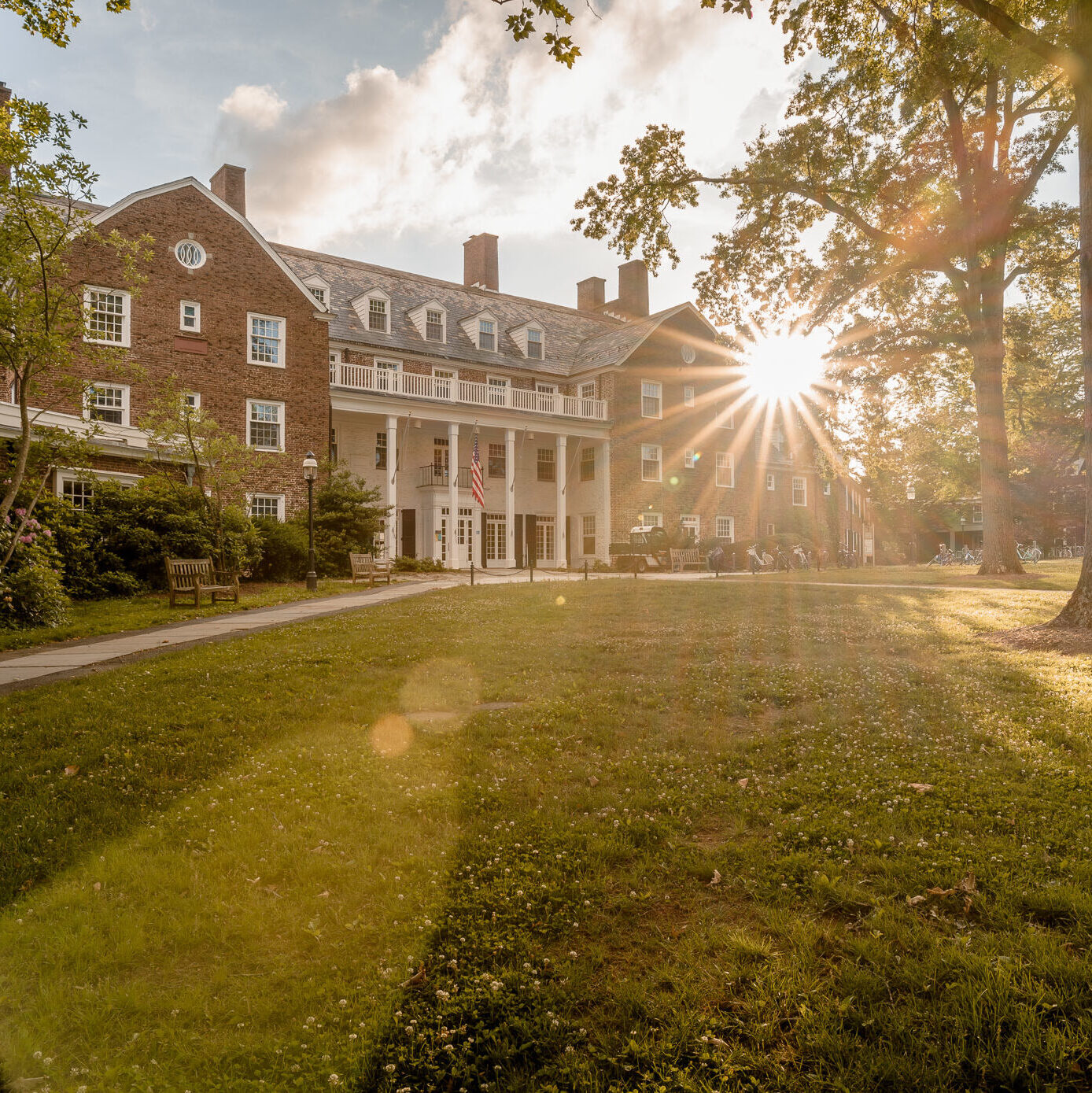
Can you believe it is almost time for finals? Our fall semester is coming to a close and it feels surreal. It is true that finals season, reading period, and Dean’s Date can be stressful. Furthermore, if you are a first year, it may not be obvious how the whole system works. In sum, our last day of class is December 8th. Then, reading period, a week without classes used to study for finals and prepare for Dean’s Date, begins on the 9th and ends on the 16th. The 16th is the infamous ~Dean’s Date~ or a fancy term we use to describe the day in which many of our written assignments and final projects are due. Finally, we go out like legends and finish our finals from the 17th to the 23rd. You can check the date of your finals on the University Registrar and reach out to your Academic Dean about rescheduling them if you have multiple finals on one day. The next few weeks may seem like a gloomy time on campus, but I want to use this post to share some moments of excitement and sneaky Princeton traditions that you can look forward to.
Continue reading Finishing Strong: Dean’s Date Traditions and Reading Period Excitement

